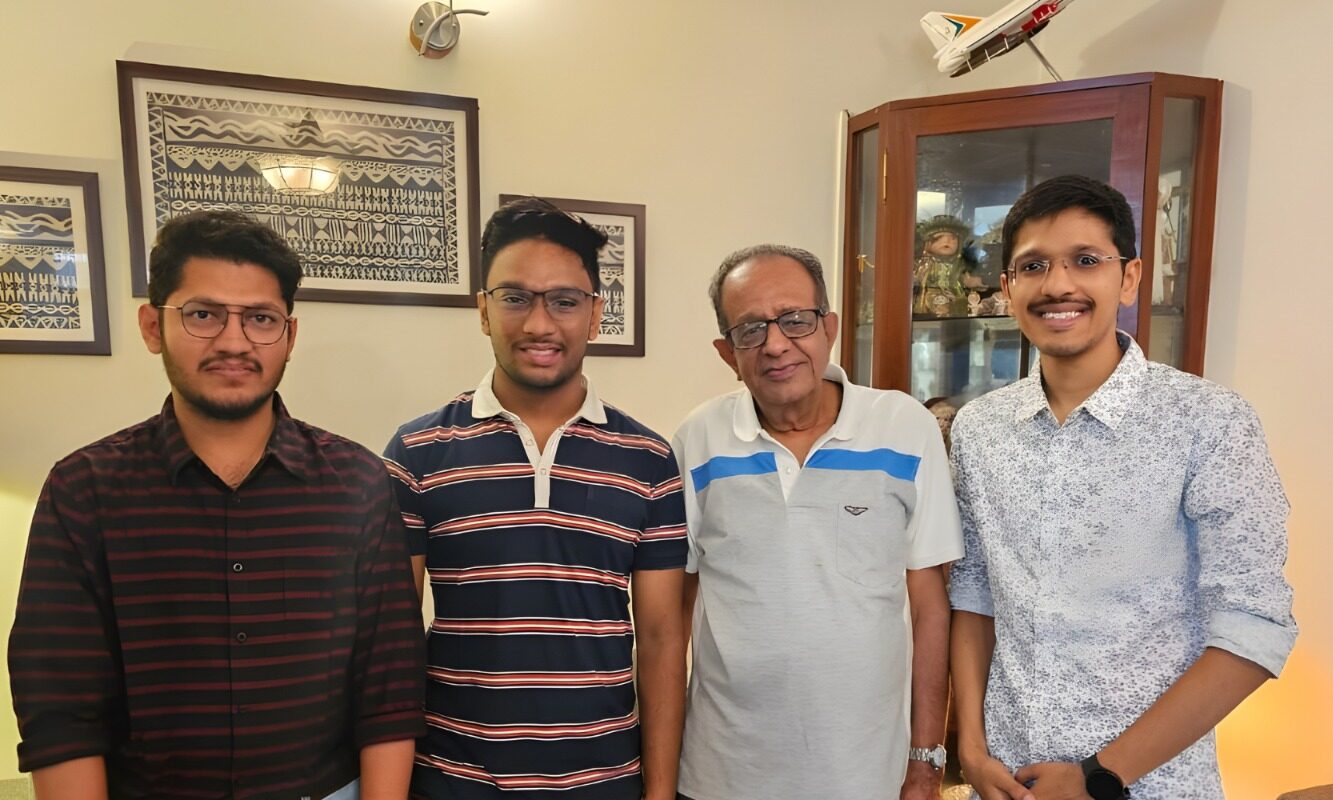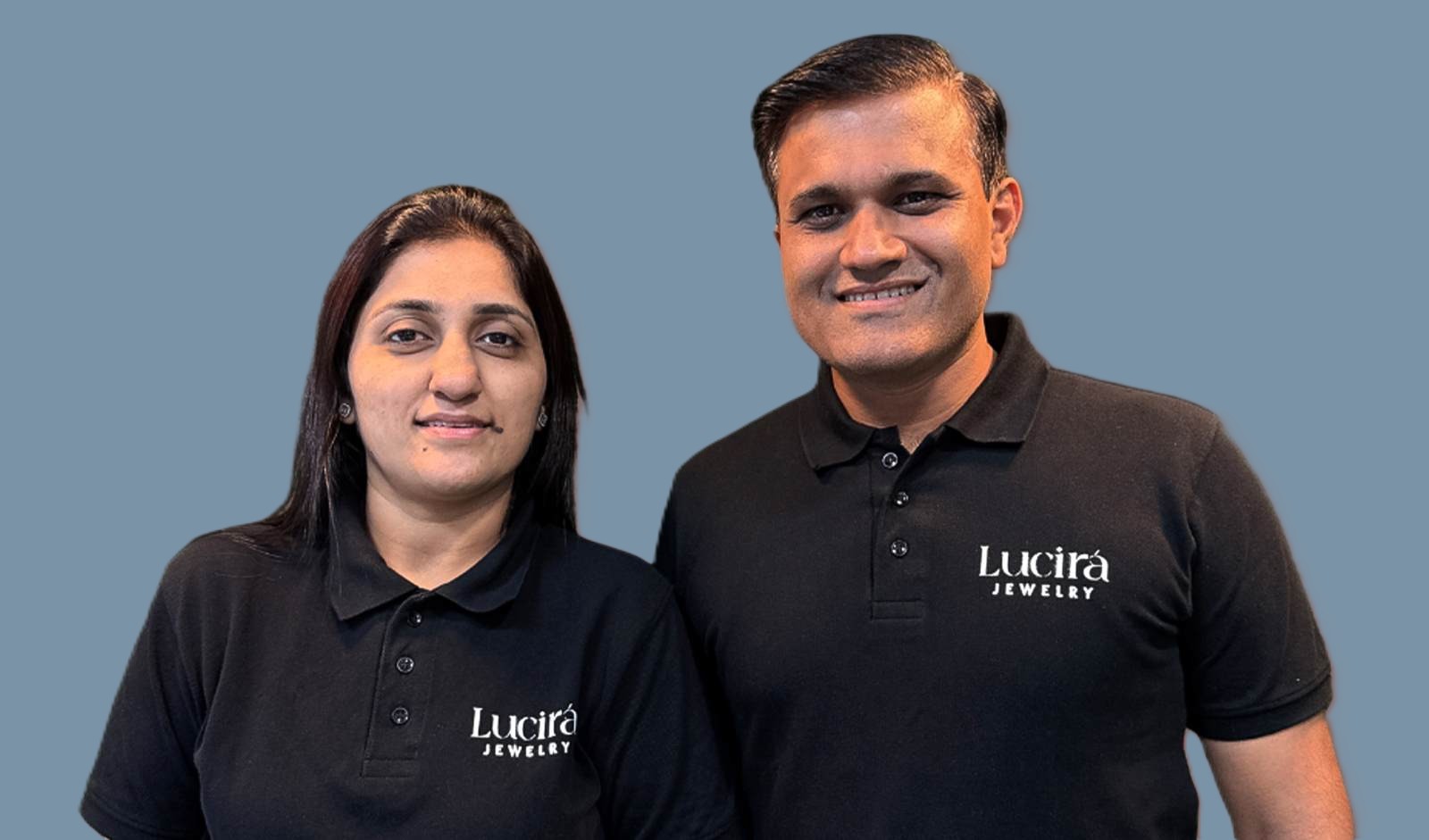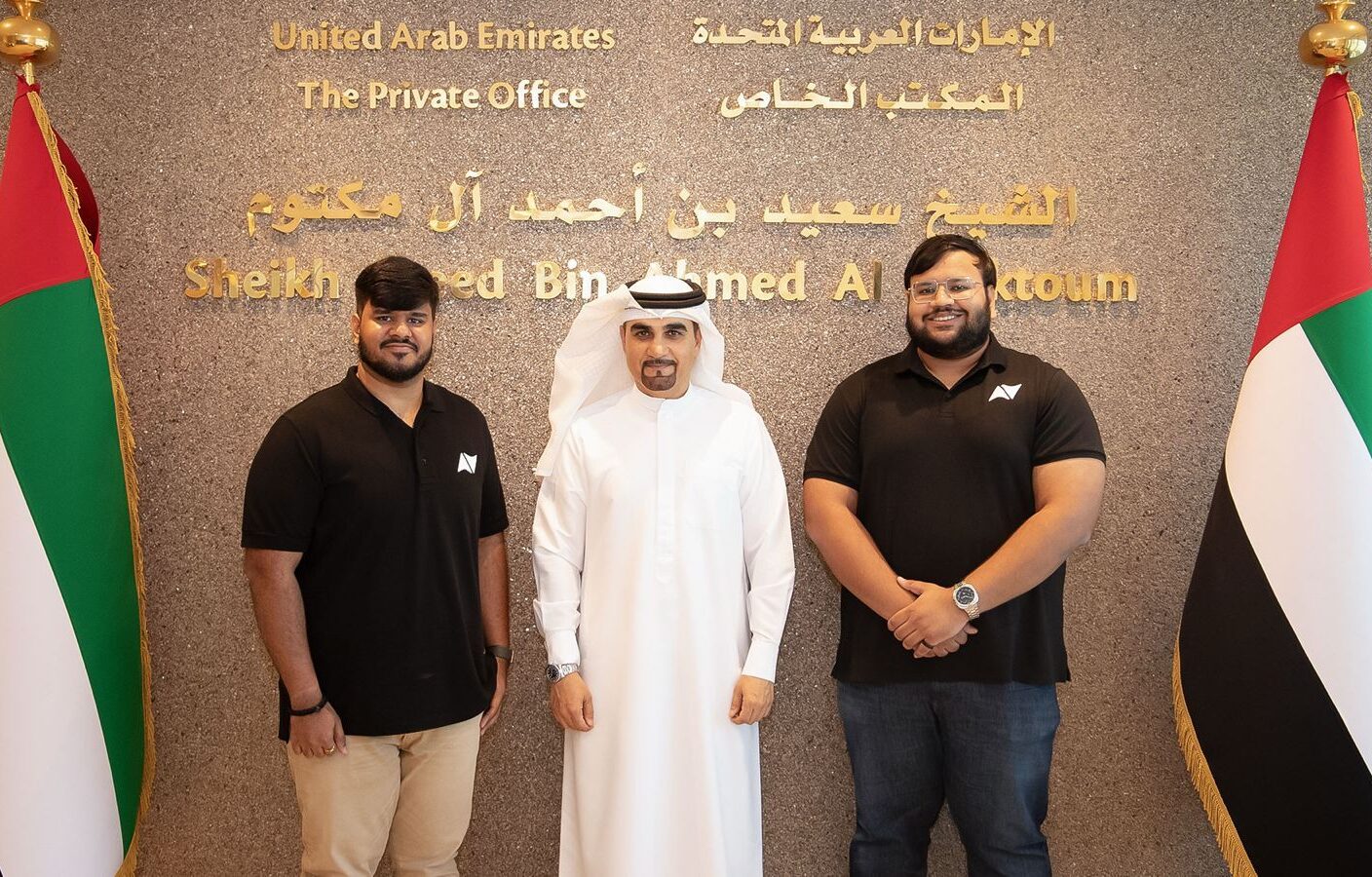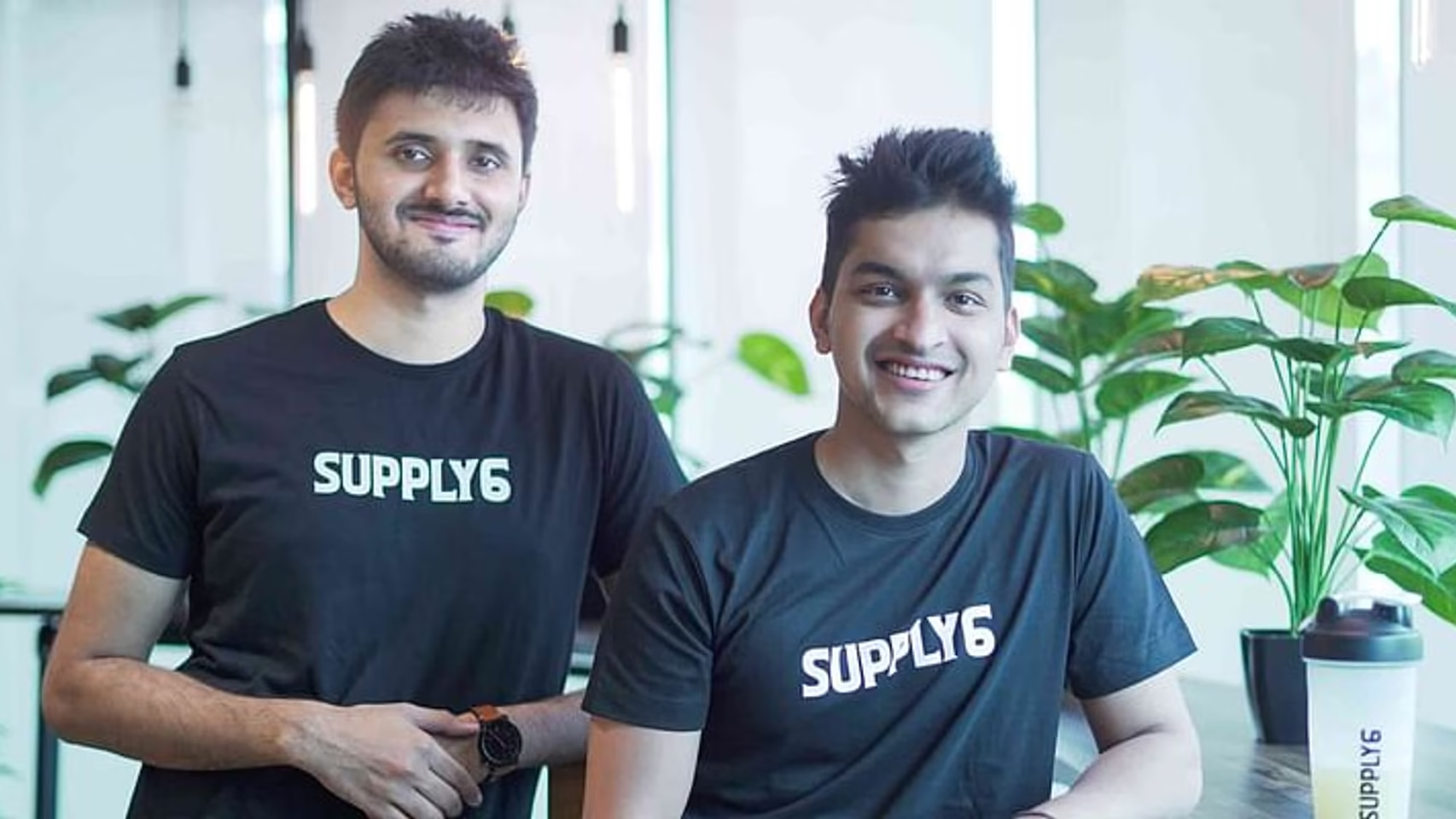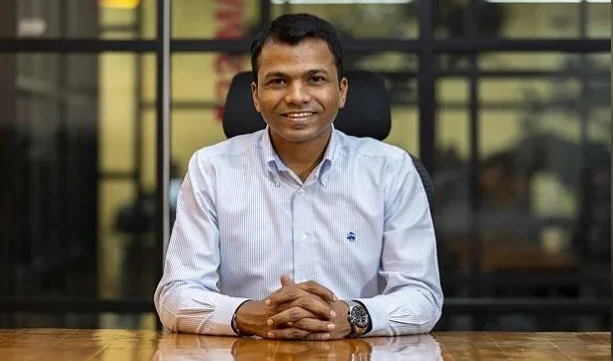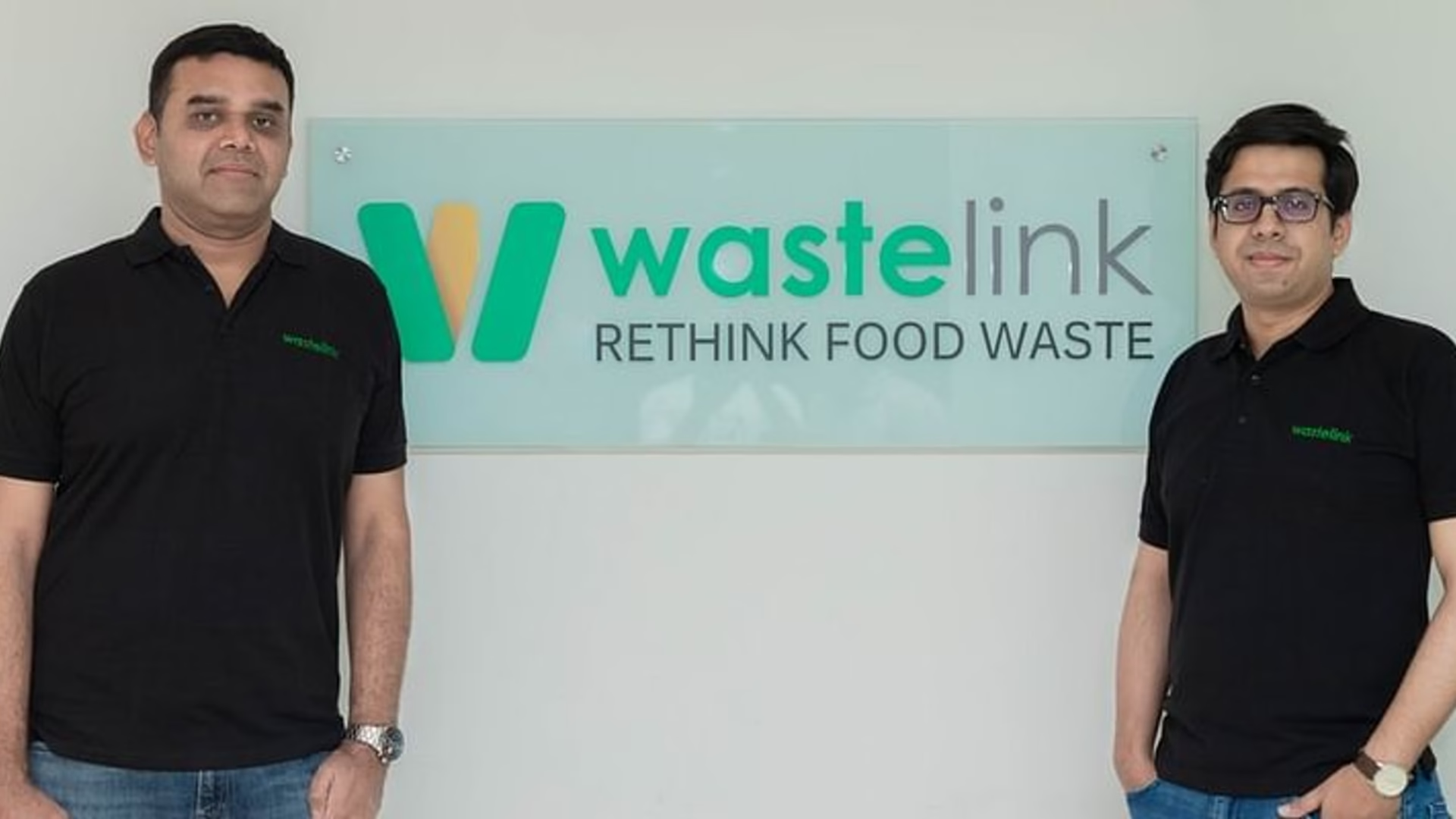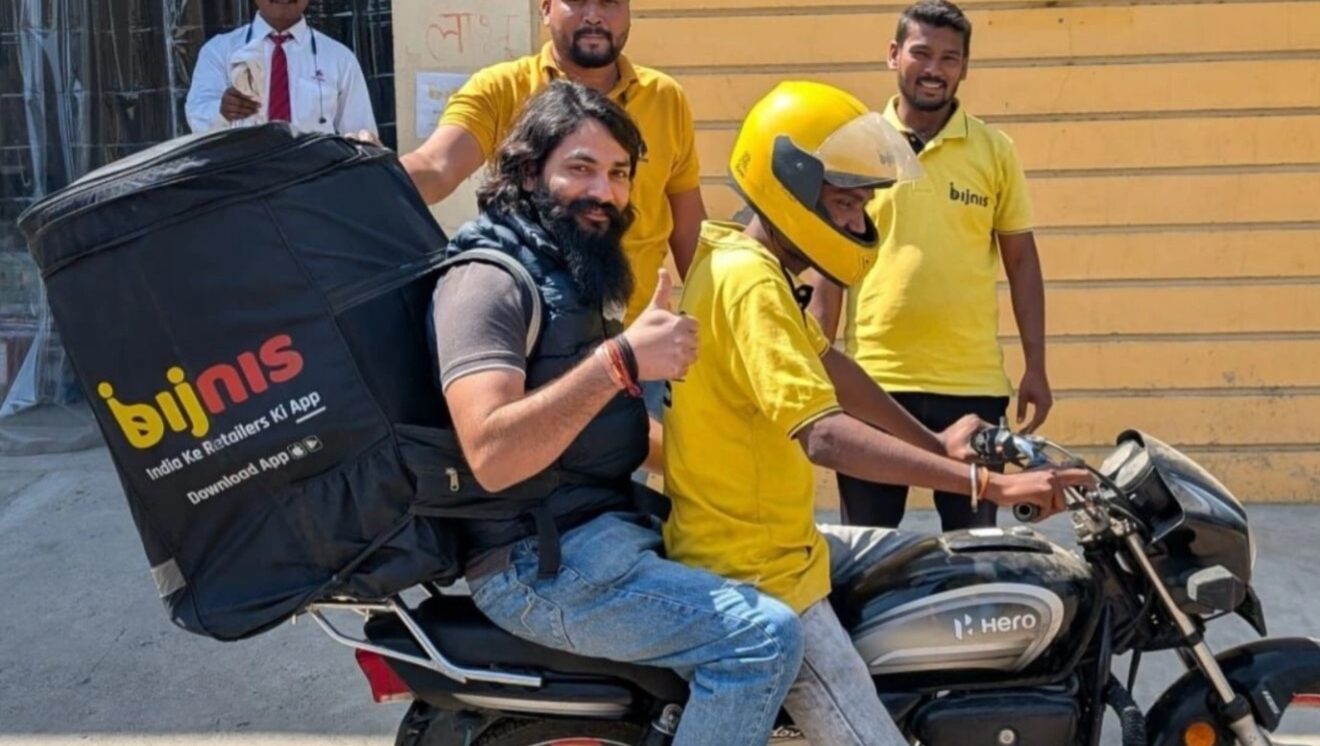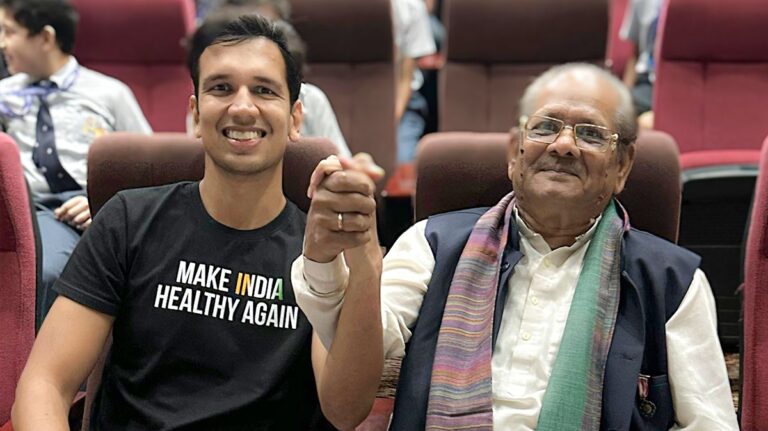Pune’s spacetech startup Astrophel Aerospace has started testing its own cryogenic pump at ISRO facilities, marking an important step toward fitting a full turbopump into the Astra C1 rocket engine by 2026.

The pump currently spins at 25,000 RPM, and the firm positions the programme as placing it among the first private Indian startups to build an in-house cryogenic pump.
What they built and why it matters?
Astrophel’s cryo-pump, roughly the size of a one-litre bottle, houses 50+ precision-engineered parts. In its current configuration it delivers 100–150 horsepower; scaled to a turbopump, the system is expected to reach 500–600 horsepower for first- and second-stage engine feed, bringing higher thrust efficiency within a compact form factor.
The company says this milestone “is a testament to how India can indigenously develop advanced propulsion technologies at a fraction of global costs,” while ISRO certification would validate its hardware for the market the team is targeting.
The road to 2026
With ISRO validation underway, Astrophel plans to upgrade the cryo-pump into a fully fledged turbopump for Astra C1 by late 2026. The company notes it is also in process to sign an MoU with a US-based partner and is exploring additional global collaborations at the sub-component level.
Who’s behind Astrophel?
Founded in 2022 by Suyash Bafna, Immanuel Louis, and Md Taj Baba, Astrophel focuses on affordable, dedicated small-satellite launchers powered by semi-cryogenic propulsion. The team has previously independently built and test-fired a semi-cryogenic engine on 15 August 2023, without external funding and says it blends automotive-style lean manufacturing with 3D printing to compress production time and costs.
The company cites in-house competencies across throttleable engine valves, regenerative nozzle design, cryogenic subsystems, and real-time avionics; an advisory board includes propulsion experts with ISRO, HAL, and DRDO experience.
Fresh capital to fuel R&D
Astrophel Aerospace has raised ₹6.84 crore (around $800,000) in a pre-seed round from angel investors and venture funds. The startup plans to use the capital to build a prototype of its reusable semi-cryogenic launch vehicle and to step up in-house R&D on advanced guidance and propulsion systems.
Backing and ecosystem signals
Astrophel has been a beneficiary of central government schemes including MeitY’s SAMRIDH, DST’s NIDHI PRAYAS, and the Startup India Seed Fund Scheme, support the founders say helps offset deep-tech’s long gestation cycles and need for “patience capital.”
Astrophel frames the cryo-pump programme as a stepping stone toward what it describes as India’s first privately developed gas-generator-cycle path in propulsion, contingent on successful certification and subsequent turbopump integration. If executed, the effort would dovetail with India’s push to grow its space economy and broaden private participation in high-performance cryogenic systems, a capability seen as critical for reusable, cost-efficient launchers.
Key facts at a glance
- Hardware today: Cryo-pump under test at ISRO; 25,000 RPM; >50 components.
- Planned next: Turbopump integration into Astra C1 by late 2026.
- Performance envelope: ~100–150 HP (pump) → 500–600 HP (turbopump, planned).
- Founders: Suyash Bafna, Immanuel Louis, Md Taj Baba (founded 2022).
- Prior milestone: Semi-cryogenic engine test-fired on 15 Aug 2023 (independent).
“The certification from ISRO will mark a defining moment for Indian spacetech startups,” says co-founder Suyash Bafna, underscoring how validation enables domestic hardware to compete globally.
Also Read: NewSpace Research Raises ₹115 Cr Debt for Drone Expansion









